

Born Freak(2001)
Movie: Born Freak

Born Freak
HomePage
Overview
Release Date
2001-01-01
Average
0
Rating:
0.0 startsTagline
Genres
Languages:
EnglishKeywords
Similar Movies
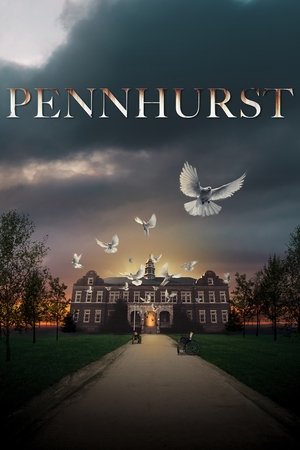 0.0
0.0Pennhurst(en)
Segregation, abandonment, and the meaning of home are discussed by the people that lived in, worked at, and crusaded for one of the largest and oldest Intellectual and Developmental Disability Institutions in the United States. The facility, in its closing, challenged society's perception of those with intellectual disabilities and ultimately fought for better rights.
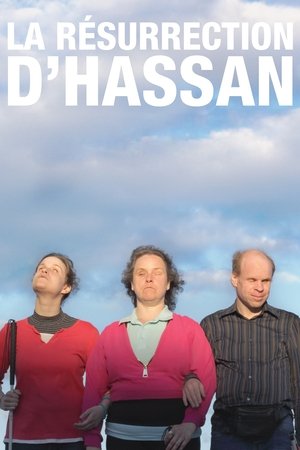 6.0
6.0Resurrecting Hassan(en)
Traces the lives of the Hartings, a blind Montreal family of three who make their living singing in the city's subway stations. The Hartings lost their only sighted child Hassan in a tragic drowning accident, and have since turned to the teachings of Russian mystic Grigori Grabovoi, hoping to resurrect their son. Resurrecting Hassan is an exploration of this family's legacy of grief, tragedy and abuse; the film will follow them on their path to redemption.
 0.0
0.0The Mythologist(en)
The many lives of Henry Azadehdel, aka Armen Victorian, aka Henry X, as told by the peace activists, UFO researchers, botanists and everyday people who encountered him - whoever he was.
 0.0
0.0The Last Debate(en)
Abbie Hoffman and Jerry Rubin were both on the leading edge of protest in the 1960’s. Rubin became an entrepreneur and the chief spokesman for the Baby Boom generation. Hoffman remained active in environmental issues and grass roots politics, maintaining his anti-establishment stance until the end of his life. The 1986 debate featured in this one-hour video was the “final” debate for these two eloquent speakers, following 18 months of touring North America. Though many years had passed since their heyday as counterculture icons, thousands flocked to auditoriums to hear the opinions of Hoffman – idealistic, unrelenting champion for truth and justice – and Rubin – ‘the pragmatic voice of the new right’.
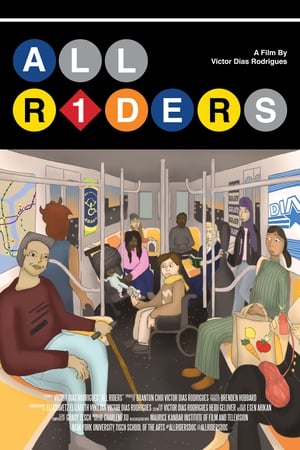 0.0
0.0All Riders(en)
The battle for accessibility in New York City Transit told by those fighting it. Less than a quarter of stations in the city's sprawling subway system are accessible to people with disabilities and those that need elevators. This film takes you on the frontlines of the disability rights movement featuring the perspectives of activists, local and state legislators, transit advocates and MTA officials.
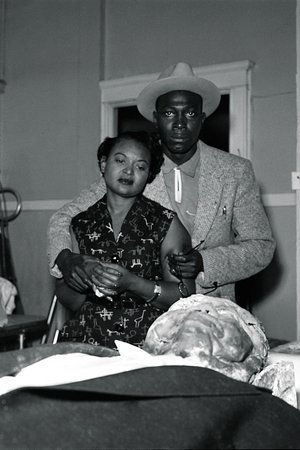 0.0
0.0The Body of Emmett Till(en)
Emmett Till was brutally killed in the summer of 1955. At his funeral, his mother forced the world to reckon with the brutality of American racism. This short documentary was commissioned by "Time" magazine for their series "100 Photos" about the most influential photographs of all time.
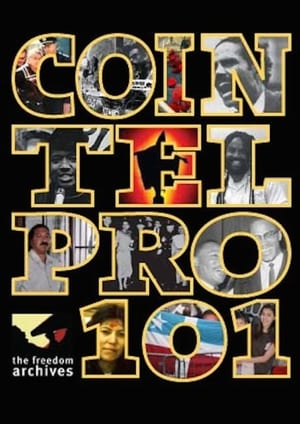 0.0
0.0COINTELPRO 101(en)
COINTELPRO 101 exposes illegal surveillance, disruption, and outright murder committed by the US government in the 1950s, 60s, and 70s. “COINTELPRO” refers to the official FBI COunter INTELigence PROgram carried out to surveil, imprison, and eliminate leaders of social justice movements and to disrupt, divide, and destroy the movements as well. Many of the government's crimes are still unknown. Through interviews with activists who experienced these abuses first-hand, with rare historical footage, the film provides an educational introduction to a period of intense repression and draws relevant lessons for the present and future.
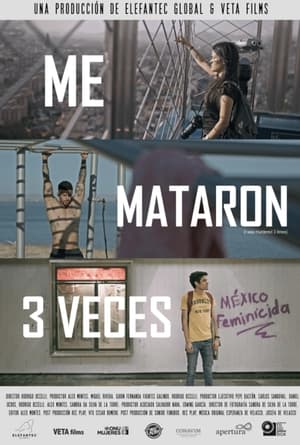 10.0
10.0Me Mataron 3 Veces(es)
After their mother's femicide, three siblings are separated and forced to live in different places. Years later they gather to raise their voices and fight to be made visible in a country where orphans for femicide are ignored by the state and invisible to society. It's up to them to tell their story.
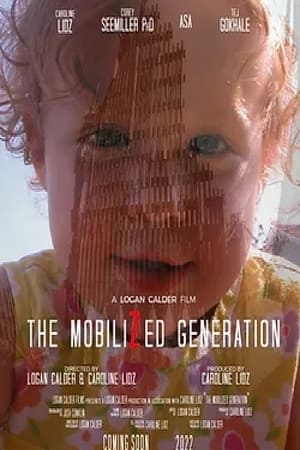 0.0
0.0The Mobilized Generation(en)
A short documentary chronicling the coming-of-age story of generation z punctuated by numerous culturally significant moments, known as period effects, that have bred a generation of young activists.
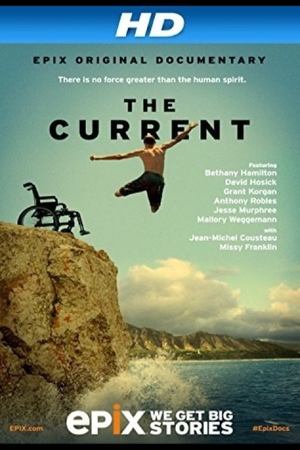 6.4
6.4The Current: Explore the Healing Powers of the Ocean(en)
The Current tells the story of individuals from all walks of life that have faced incredible obstacles, found the drive to overcome their disabilities, and have through water sports become real everyday heroes. - Bethany Hamilton, Missy Franklin, Mallory Weggemann, Anthony Robles, Jesse Murphree
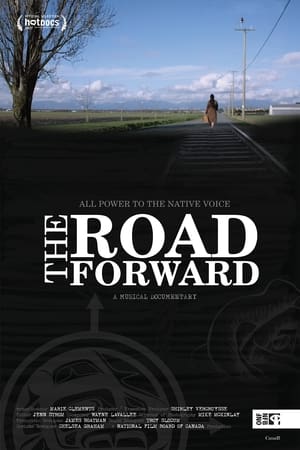 9.0
9.0The Road Forward(en)
The Road Forward is an electrifying musical documentary that connects a pivotal moment in Canada’s civil rights history—the beginnings of Indian Nationalism in the 1930s—with the powerful momentum of First Nations activism today. Interviews and musical sequences describe how a tiny movement, the Native Brotherhood and Sisterhood, grew to become a successful voice for change across the country. Visually stunning, The Road Forward seamlessly connects past and present through superbly produced story-songs with soaring vocals, blues, rock, and traditional beats.
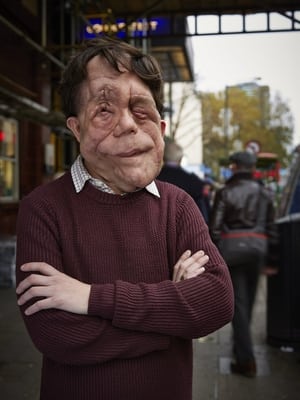 0.0
0.0The Ugly Face of Disability Hate Crime(en)
Adam Pearson - who has neurofibromatosis type 1 - is on a mission to explore disability hate crime: to find out why it goes under-reported, under-recorded and under people's radar.
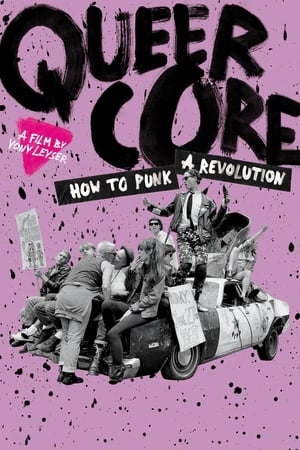 6.8
6.8Queercore: How to Punk a Revolution(en)
A documentary on Queercore, the cultural and social movement that began as an offshoot of punk and was distinguished by its discontent with society's disapproval of the gay, bisexual, lesbian and transgender communities.
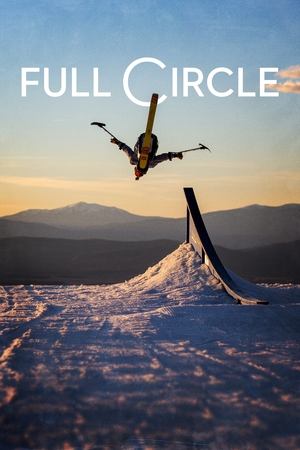 6.4
6.4Full Circle(en)
Faced with a traumatic injury that renders you permanently disabled; how would you reinvent yourself? Full Circle tells the story of Trevor Kennison and Barry Corbet’s shared resiliency and refusal to let their passion for life be limited by Spinal Cord Injury. It is an unblinking examination of the challenges of Spinal Cord Injury, and a celebration of the growth that such tragedy can catalyze.
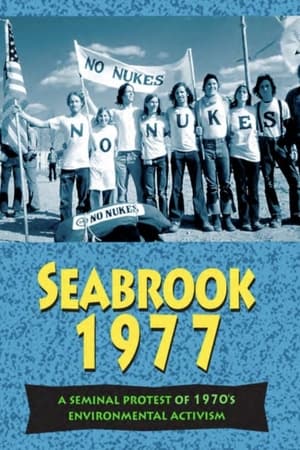 0.0
0.0Seabrook 1977(en)
In April 1977, the small coastal town of Seabrook, New Hampshire became an international symbol in the battle over atomic energy. Concerned about the dangers of potential radioactive accidents, over 2,000 members of the Clamshell Alliance, a coalition of environmental groups, attempted to block construction of a nuclear power plant. 1,414 people were arrested in that civil disobedience protest and jailed en masse in National Guard armories for two weeks.
 0.0
0.0Fish or Cut Bait(en)
In the 1970's, filmmakers Tom Burger, Bill McKiggan and Chuck Lapp began documenting the history and current struggles of inshore fishermen in Atlantic Canada to form a union. Until 1979 it was illegal for fishermen to form a union in Nova Scotia. The committed funding from the National Film Board was withdrawn for this film, however the filmmakers continued to edit the film by entering the NFB at night. The CBC refused to broadcast the film, but it was finally released in 1990 and broadcast nationally that year on Vision TV.
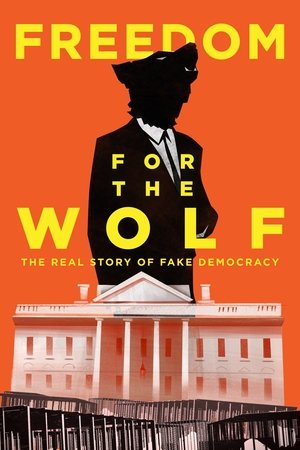 10.0
10.0Freedom for the Wolf(en)
The Real Story of Fake Democracy. Filmed over three years in five countries, FREEDOM FOR THE WOLF is an epic investigation into the new regime of illiberal democracy. From the young students of Hong Kong, to a rapper in post-Arab Spring Tunisia and the viral comedians of Bollywood, we discover how people from every corner of the globe are fighting the same struggle. They are fighting against elected leaders who trample on human rights, minorities, and their political opponents.
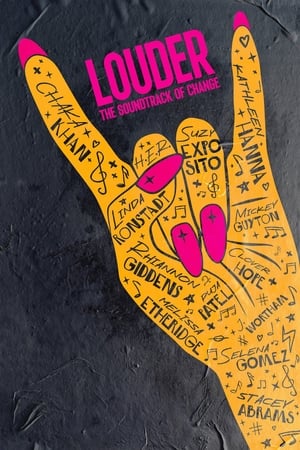 7.7
7.7LOUDER: The Soundtrack of Change(en)
A celebration of music and rallying cry that takes viewers on a journey across generations, eras, and genres, anchored by a female chorus of musical icons, whose songs, voices, and activism provided inspiration for the past and current fight for equality for all.
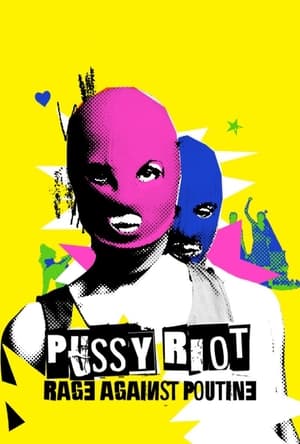 8.3
8.3Pussy Riot: Rage Against Putin(fr)
Pussy Riot make a comeback after a long absence to stand with Ukraine. Their story and their struggle are told through archival footage and interviews with the group’s members.
